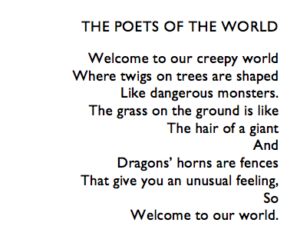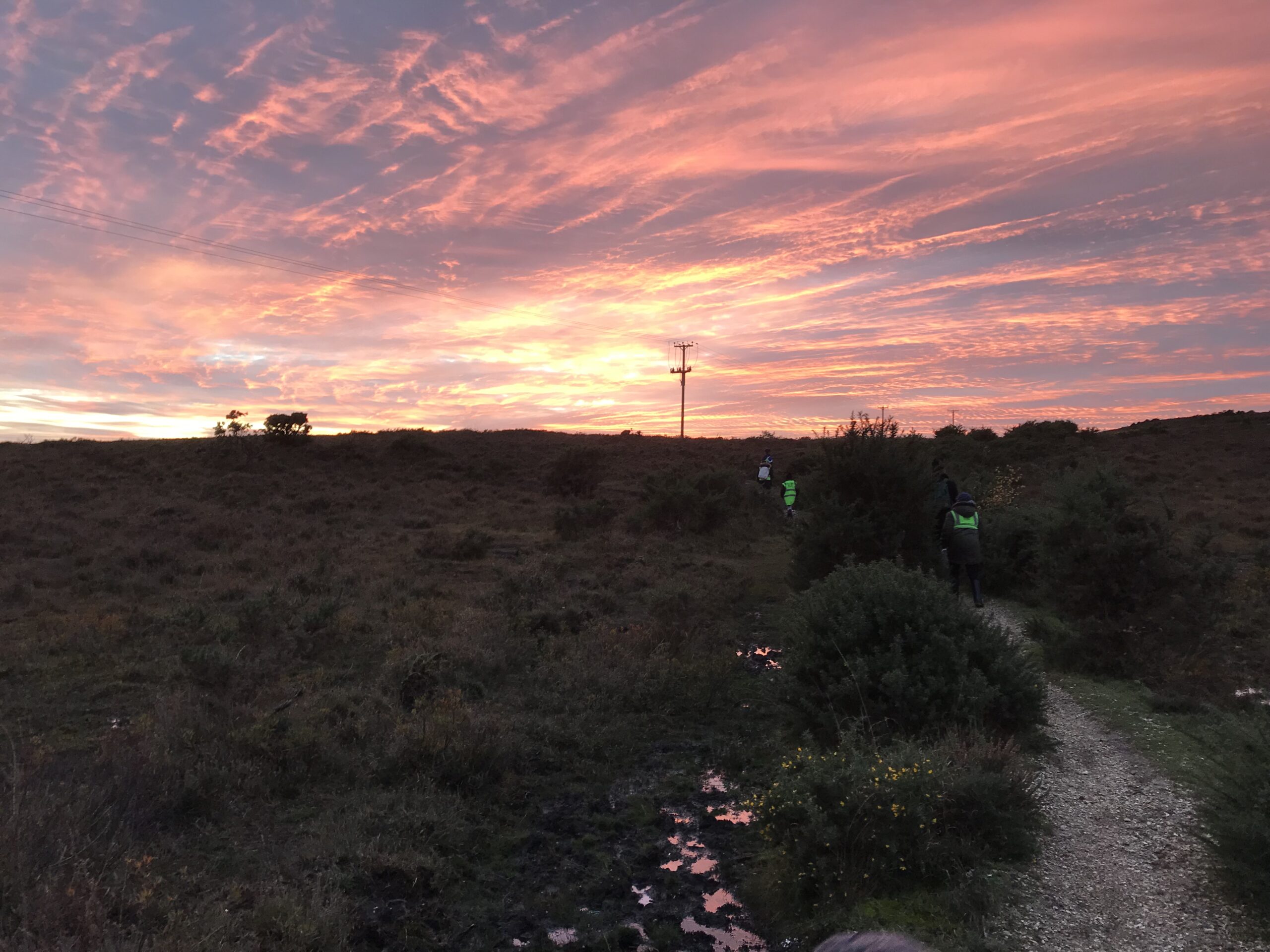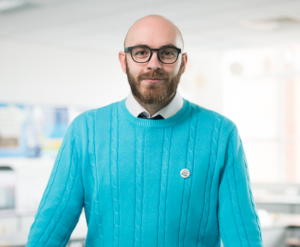Imagine having no timetable, no classroom and no curriculum. At first glance, this idea might phenomenally liberating; we may think of all the things which we feel hold us back in our work just melting away. Or it might sound terrifying and destabilising, as we strain to imagine getting through a lesson without our trusty whiteboards, routines and carefully organised cupboard of resources.
Each year, a group of teachers and pupils from a range of primary schools in Newham, East London gather together for a week to do things differently. We hire out a youth hostel in the middle of the New Forest and spend a week wandering, exploring, writing, thinking and talking. None of the teachers know each other at the beginning, and nor do the children. We start off as strangers but throughout the week, which is spent almost entirely outdoors, wrapped up against the elements and squeezed into wellington boots, we come to learn more about each other, and about ourselves.
 At the heart of the project is Adisa, our poet in residence. As we traipse up and down hills, wade through mud, respectfully weave around the wild horses and clamber over the autumn leaves, Adisa seizes the moment. As we approach the snarling upturned roots of a fallen tree, our poet begins asking questions: what could have knocked this tree down, is this an old person or a young person, what does it think of, how does it feel? At will, the children begin scribbling down thoughts and phrases. Some of them weld a whole poem together, some make sketches and some jot down just a few spontaneous flourishes. They all know that in the evening, they will have time at the fireside to edit it, craft it and refine it.
At the heart of the project is Adisa, our poet in residence. As we traipse up and down hills, wade through mud, respectfully weave around the wild horses and clamber over the autumn leaves, Adisa seizes the moment. As we approach the snarling upturned roots of a fallen tree, our poet begins asking questions: what could have knocked this tree down, is this an old person or a young person, what does it think of, how does it feel? At will, the children begin scribbling down thoughts and phrases. Some of them weld a whole poem together, some make sketches and some jot down just a few spontaneous flourishes. They all know that in the evening, they will have time at the fireside to edit it, craft it and refine it.
Like many children growing up in towns and cities, our group has had little exposure to the greenery. Some of our children at first interpreted the New Forest not as a place of rolling beauty, but as a place of dirt and disgust – mud is something to be avoided, and pavements exist for a reason. There was reverence as much as confusion when the children (and indeed the teachers, sometimes) walk quietly past grazing horses, scarcely believing that such animals could ever be wandering about freely.
What stands out whenever we do these visits – which I now organise at least annually with Adisa – is the depth of thought that we attain, given the time we have. We don’t have a timetable that we need to stick tightly to. If the mood takes us, we could scrap our ideas and go with something completely different. If the children want more time, we can give it. For the teachers, this experience causes us to reflect on the impact of the tightly regimented use of time in school. Children who might not ever fully express themselves in school were able to share some deeply insightful writing, given a change of environment and a relaxing of time constraint.

Our walks were wanderings. On our first day, we were out on the moors in the late afternoon, and one of the children pointed out the intensity of the sun. We had the inkling that if we got high enough, we might find an amazing sunset. So we abandoned the piece of writing we were doing, and as a slightly giddy pack of newly-liberated urbanites, we jogged through the gorse, following the trails made by the horses, and climbed up a hill. Atop the hill, some of us stood and some sat, and together we watched as the grey sky exploded into an intense amaranthine marble.
Our most recent group was made up of 30 children, 7 teachers and 1 poet, drawn from seven different schools. We were fortunate to have been so inspired by the sunset, but also by the things we discovered whilst wandering, such as a knot in the roots of a huge tree that resembled the head of a bear. The children’s poetry was thoughtful, reflective and imbued with a respect for nature. The teachers’ poetry, similarly, was sensitive and crafted, often encompassing their thoughts on how their understanding of teaching had altered. In fact, we ended up getting on so well that our teacher group still meets up for dinner, and we are planning our second reunion with the children, who grew to genuinely care about each other.
There are many things to disagree with within our school system, but the poetry retreat project serves as a reminder to those of us who took part that there is another way, and that – if necessary – it can sit alongside the regular school system. We can make time work for us, rather than serving it as our master. We can create space for our children to think, experiment and to reflect. We can show them that there is another Britain to the concrete one they know. And if we do these things, we are all better for it.
Jonny and Adisa run poetry retreats each year. If you are interested in learning more about the projects, or are considering it for your own pupils, feel free to contact Jonny: jonny.walker.teaching@gmail.com

Jonny Walker is a Year 5/6 teacher and Assistant Headteacher at Park Primary School in Stratford, in East London. He exists at the geekier end of the teaching spectrum – being bald, bearded and bespectacled – and enjoys creative writing, poetry and helping kids to enjoy a book or three. He is partial also to a bit of algebra, some urban walks and a lot of hummus. @jonnywalker_edu


